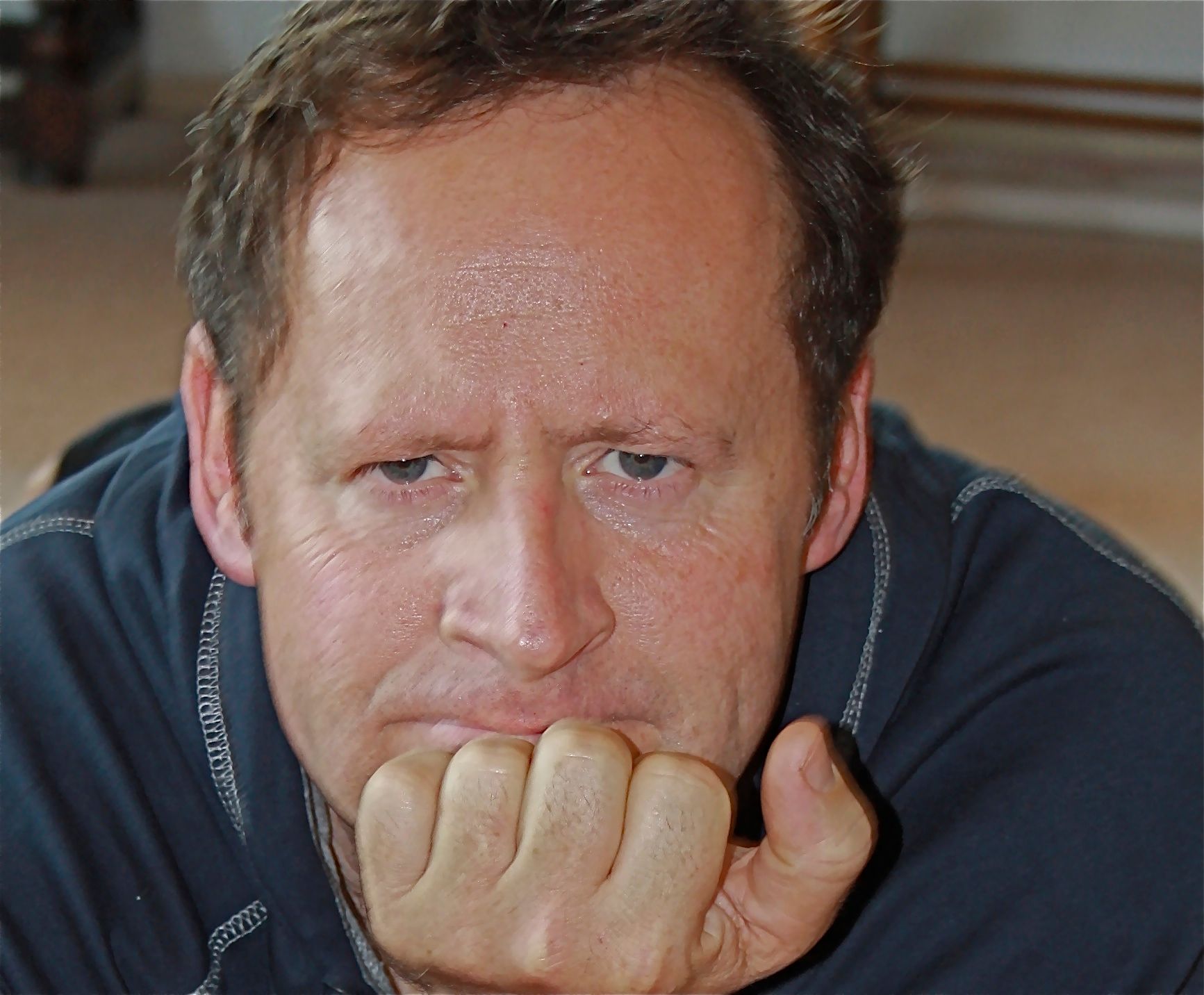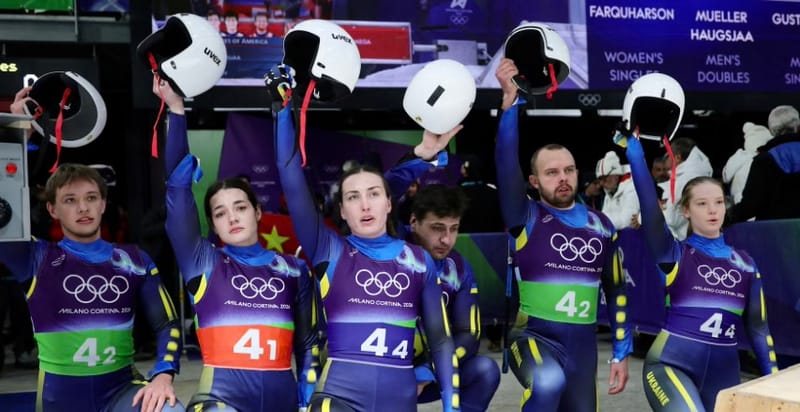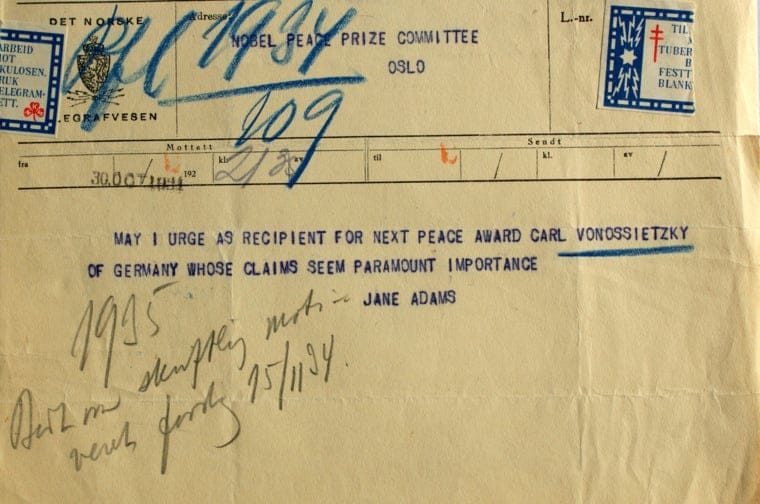Global & Australian Regulators Off The Block On A Way Forward But The Reform Race Is Far From Over
World Aquatics & Swimming Australia have agreed to resolve a dispute with a set of measures which include moves that may set precedent for stronger global control of domestic federations

Editorial - World Aquatics and Swimming Australia have agreed to resolve some key differences with a set of measures that range from the reasonable to a move that effectively forces the domestic federation to accept power-sharing conditions that do not apply to the vast number of the 200-plus member federations of the global regulator but may set precedent for all.
The threat of Australians swimming as neutrals has dissipated but for some there's been a price to pay. Against the wishes of many leading figures and commentators in the Australian swimming community, Swimming Australia is to grant voting rights and a presence at its top table for the Australian member of the global regulators ruling Bureau.
Most nations do not have a Bureau member and as such have no "observer" from the World regulator's leadership group available to report back from one organisation to another.
There is also this, regardless of who and how any may challenge it. Loyalties are made clear in the WA Constitution and mechanism for electing members of its Bureau: no Bureau member represents their country, rather, they represent World Aquatics.
Why then, is the natural question, must WA insist having an ear and eye and thumbs-up/thumbs-down at the top table of a domestic federation regulating a swim nation with the stature and status of Australia, when clearly the same conditions do not apply to the vast majority of member federations around the world?
That is just one of the issues raised by an agreement outlined in the Swimming Australia statement below after a "tense and difficult" meeting in Sydney today.
One key element to the agreement focusses on granting athletes and clubs 50% voting rights. At the surface, that may well be a good thing and Brent Nowicki, Executive Director of World Aquatics, noted that the global regulator was "pleased that 50 per cent of the voting rights now sit with the community the sport is there to serve, the athletes and clubs. This model will become one which we consider best practice across the world.”
In that sense, Australia is being used as a pathfinder, some say guinea pig, for better governance models. Time will tell.
On the issue of clubs and athletes having more say, a good thing in principle, it is yet to be made clear how a domestic federation can avoid the obvious potential pitfall for poor outcomes where the "club" and the "athlete" do not have the best interests of the whole in mind when voting on complex matters that range from 'learn-to-swim' through to elite, world-class performance sport and the huge differences in environment and demands between those two things and much in between.
Who is the club and who is the athlete representing, and who do they think they represent?
When a leading name on an official Athletes' Commission responds to the question "who do represent" with "... there for the athletes but we have to reflect the federation's view on it", then we know there's a long road ahead when it comes to making the athlete voice meaningful when spoken from within he camp.
In the depth of actual experience of seeing what happens to athletes when they become a part of the official world of governance at global level, there are legitimate questions to ask, including "where do we find truly independent oversight of process in all of this 'reform'?" and "how much influence does a wealthy international federation with budgets to burn on 'promotion' that increases the earning power of those invited to the party?
Such questions are all the more alive in the wider context of the nature of 'reform'. The serious issues raised by a recent whistleblower complaint to the Aquatics Integrity Unit against a member of the World Aquatics top table is a case in point. The last word of that Unit was that the ase and related issues are "on hold", pending "further information".
Further information is definitely on the way. It's a matter of time - and the whistleblower and a growing band of supporters in a long-winded pursuit of integrity process making progress behind the scenes have yet to have their last word. A lack of truly Independent oversight of process, including treatment of the whistleblower is one of the criticisms that is bound to become clearer in time.
That issue is not unrelated to the Australian situation in this key regard: if a nation does not want to be represented by person X in international sports governance but has no power to remove or block person X because the global regulator holds power over such things, why then should a domestic federation, especially one funded by its national purse and taxpayer, accept that it must grant domestic voting rights and presence at the national top table?
More on all of that down the line - and more on the Australia agreement to come later in the day, with reaction from those unhappy with the outcome Down Under today.
The Swimming Australia Statement In Full
Swimming Australia, World Aquatics and the Australian Sports Commission have agreed to a path forward regarding the constitutional requirements after meetings in Sydney today.
A heads of agreement will be signed today between all parties that will outline measures to be approved in an updated Swimming Australia Constitution.
The expanded voting structure will apply from the 2025 AGM and sees the current Member Organisations, including the seven State and Territory Member Organisations, the Swim Coaches and Teachers Association and the Australian Swimmers Association, retain 40 per cent of the voting rights, and will now include 5 per cent for any Australian World Aquatics Bureau member and 5 per cent for Swimming Australia’s Affiliate Members, including Masters Swimming Australia, Water Polo Australia, Diving Australia and Artistic Swimming Australia.
The additional 50 per cent of voting rights will be split between the clubs and athletes, with clubs gaining 30 per cent of the voting rights and 20 per cent for the athletes.
The Swimming Australia Board has committed to the addition of an observer appointed by the ASC to the Nominations, People, and Culture Committee and the Board for a period of up to three years. They have also agreed to utilise the services of the ASC to undertake a Board evaluation process, open to all Australian sports.
The Swimming Australia Board has committed to having a full Board in the coming months.
Swimming Australia maintains its membership status with World Aquatics and confirms athletes will continue to compete under the Australian flag, despite media reports to the contrary late last week and there is no change to funding.
Hayden Collins, Co-Chair of the Swimming Australia Board, said: “We are delighted to have been able to reach this outcome today and thank the Member Organisations for their support in bringing this to a resolution.”
“We look forward to finalising this prior to Christmas and moving forward in a positive manner.”
Brent Nowicki, Executive Director of World Aquatics, said: “We are pleased with the outcome from today’s conversations and believe that the new constitution sets the sport up in Australia for future success.”
“We are also pleased that 50 per cent of the voting rights now sit with the community the sport is there to serve, the athletes and clubs. This model will become one which we consider best practice across the world.”
Kieren Perkins, CEO of the Australian Sports Commission, said: “The ASC continues to work with our national sports around good Governance principles and are pleased with the positive outcome of today’s conversations.”
“We look forward to seeing the adoption of these constitutional changes.”




